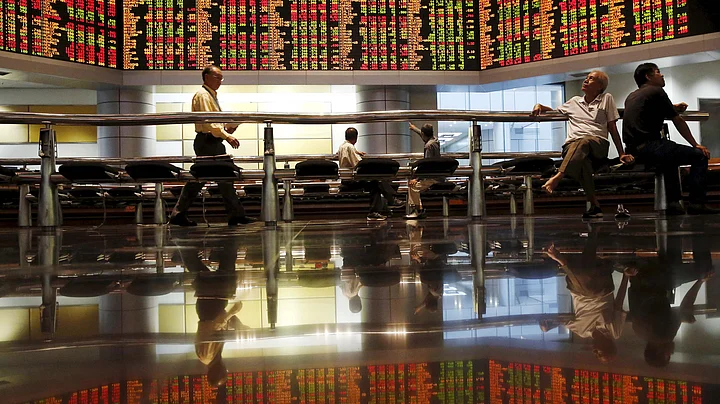China Rattles Sentiment
- China is closely linked with world economies through trade and JVs
- Fears of yuan manipulation has been a major concern
- Weak factory activity in China deepens concerns about the economy
- Lack of policy action from Beijing to stem the recent collapse hits sentiment further
China is not doing well. The same economy which only a few years ago threatened to take over the world is now facing a slowdown. Because so many world economies are closely tied to China through trade and joint ventures, the economic slowdown in China has lowered what investors value the most – sentiment.
Two weeks ago, data from China showed its exports were dwindling. This brought about panic in the world which relies a lot on ‘Made in China’ products. Investors were left scratching their heads. In order to prop up the sentiment, China did something only China does. It devalued its currency – meaning if you’re a Chinese exporter, a weaker yuan would now help you gain more from your sale, thereby giving you a competitive advantage compared to others who export similar stuff. This affected investor sentiment negatively as they feared a “currency war” ahead, meaning other countries could do the same thing.
China tried to reassure the world by saying economic fundamentals were strong but investors were becoming sceptical. China’s yuan manipulation has been a concern and foreign investors are starting to respond by discarding currencies and stocks, seeking safe haven in gold and bonds as they normally do when markets go awry.
And then data last Friday showed weak factory activity in a country that manufactures much of the world’s products, deepening concerns about the health of China’s economy. Investors thought China’s central bank would intervene and make some policy announcement that would prop up sentiment over the weekend. But they did nothing. So, Monday opened with panic - stocks in China fell almost 9%, dragging all of Asia shares with it. India’s market too nosedived with the rupee slumping to 66.74 to a dollar, its lowest since Sept 2013.
Investors Hit the Panic Button
When Europe woke up, the panic baton passed on and European stocks lost 450 billion euros of value as fears of a China crisis gripped markets. It was the worst one-day loss in Europe since the collapse of Lehman Brothers in 2008, according to Reuters data. The panic button didn’t help much in a region already in turmoil with Greece’s bailout troubles.
The baton then passed on to America as the morning bell saw the Dow Jones Industrial Average, the benchmark index depicting blue chips of the US corporate world, drop more than 1,000 points. Investors sold stocks with the intention of making profits while they could. For Wall Street, which was quick to use the clichéd ‘Blood Bath’ terminology in its reports, it was a correction as investors were anyway paying a high price for shares, at a time when companies are not reporting stellar earnings and energy prices are falling.
Asia woke up on Tuesday and panicked again. It’s a vicious cycle and China is driving it. As the suffering goes on, investors hope the Chinese government will act to control it. Until then, some are laughing their way to the bank while others are still left scratching their heads.
(Teenomics is a column that demystifies economics for young adults. Kavita Chandran is a Reuters journalist. The views expressed here are her own.)
(At The Quint, we question everything. Play an active role in shaping our journalism by becoming a member today.)
